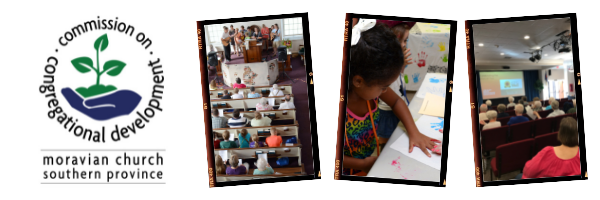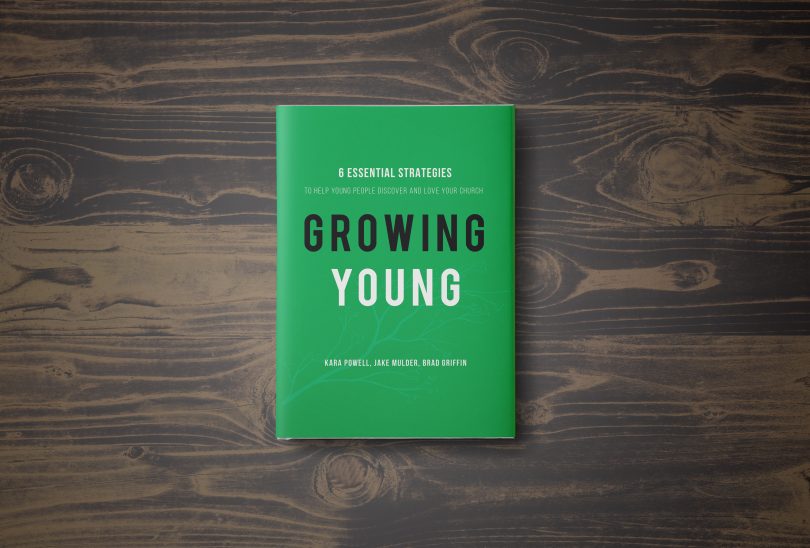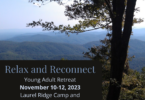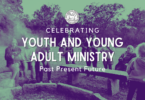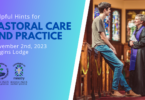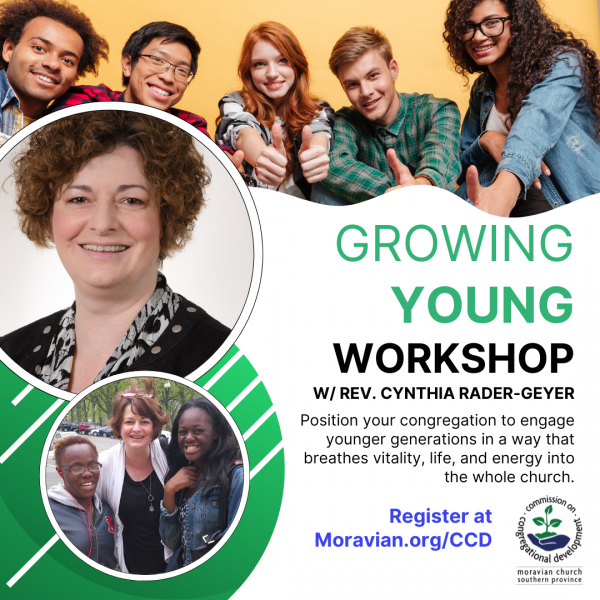
The Commission on Congregational Development is very excited to offer the upcoming workshop and discussion series about “Growing Young: Six Essential Strategies to Help Young People Discover and Love Your Church.” by Kara Powell, Jake Mulder, and Brad M. Griffin.

This series is available to clergy, lay leaders, and members of all ages.
Led by Rev. Cynthia Rader-Geyer, the workshop will take place at 7PM on four Tuesdays in August (August 9, 16, 23, 30) 2022.
Register Here (Zoom Link and other materials will be emailed to you ahead of the workshops)
Here is information from the publisher about the book, you can purchase a copy from your favorite local bookseller or online.
A Note about the Series from Rev. Geyer

Rev. Cynthia Rader-Geyer
Much of the doom and gloom about young people leaving the church is true. Church attendance is declining overall. In a 2020 survey by the Pew Research Center, 65% of adults in the United States identified themselves as Christians, down from 75% just five years ago. No major denomination is growing. Further, 18 to 29 year-olds make up nearly 20% of the US population but less than 10% of church members. This can seem like a pretty bleak forecast. But in the midst of this storm the Fuller Youth Institute choose to study the bright spots – 250 churches growing young, doing remarkable work with 15 to 29 year-olds. What they found was both surprising and hopeful. Based on 10,000 hours of research and 10,000 pages of data, six core commitments of churches that don’t age or shrink, but grow, and grow young were identified.
The congregations studied were diverse in size, from 100 to 10,000 members, and in age, some were less than 5 years old others were more than 100 years old. Ethnicity and Theology showed a great variety as well. The data clearly confirms that God is working – and can work – through congregations of all types. Your church can grow young.
The six core commitments present in each growing congregation were surprising. But even more surprising was what was not present in the six core commitments. It turns out that reaching young people is not primarily done through a specific worship style. Or a great facility. Or a big budget. Or the best on-line presence. Or designing super-entertaining ministry programs. Reaching young people goes much deeper. It’s much more about the heart of what it means to be the church. Hence, the six ‘core’ commitments.
One of the six core commitments of congregations growing young was empathy, meaning feeling with young people. Empathy is sitting on the curb of a young person’s life, celebrating their dreams, and grieving over their despair. It’s recognizing that young people face challenges on their path toward identity, belonging and purpose, and journey with them. Millennials and Gen Z’s, over the past two years have been and continue to be embroiled in a pandemic and cultural issues. Their resilience and determination will likely shape the world that emerges once the crisis passes. To grow, the church must journey with them.
At a recent youth and young adult retreat I met Ariana (identity changed to honor the individual), a seventeen-year-old who had given up hope that her family could provide her with the sense of belonging she craved. She spoke about the conflict between her divorced mom and dad, and how it had consumed so much of their emotional energy that they had little left over for Ariana.
But through her church, Ariana came face-to-face with empathy in a human form. When Denise (identity changed to honor the individual), who was a single mom, heard that Ariana had a weekend cheerleading competition and no parent would be attending, she came and sat in the stands. Ariana was so touched; she began texting prayer request to Denise. The two started sharing meals together. Ariana began to see Denise as a part of her family and re-introduced Denise to her mom. When Ariana’s mom was unable to help her prepare for the fall science fair, Denise stepped in. She helped Ariana with her science fair project and attended the science fair with Ariana’s mom. Together they are family and each of their lives have been changed.
The top phrase young people use to describe congregations that are growing young is “like family”. They talk about congregations that attracting and engaging 15 to 29 year-olds as “being real”, as a place where I can “be myself”, and where I am “being valued”. How might we continue to grow our congregations into welcoming places that feel like family, where faith and fellowship feel real, where being oneself is valued. What does that look like? In a culture chock-full of dwindling congregations, in large part due to an increasing number of disengaged young people, how can our church pursue and cultivate a vibrant future?
One way is by digging deeper into the six core commitments of congregations that are Growing Young. These workshops will explore the Growing Young research and practical ideas for engaging and retaining the young people you have, attracting their un-churched peers, and harnessing the next generation’s vitality and passion for Christ.
Position your congregation to engage younger generations in a way that breathes vitality, life, and energy into the whole church.
